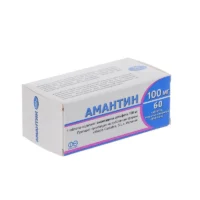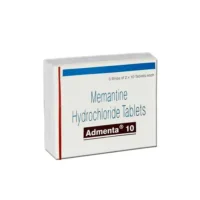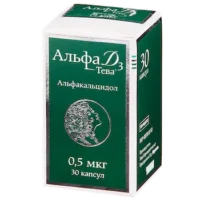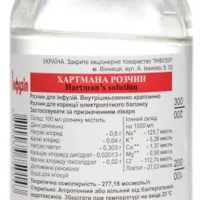Description
Laktojinal LP Vaginal Capsules №2
Ingredients:
Laktojinal LP Vaginal Capsules №2 contain Lactobacillus rhamnosus GR-1 and Lactobacillus reuteri RC-14 as the active ingredients.
Mechanism of Action:
The probiotic strains Lactobacillus rhamnosus GR-1 and Lactobacillus reuteri RC-14 work by restoring and maintaining the natural balance of the vaginal microbiota. They adhere to vaginal epithelial cells, promoting the growth of beneficial bacteria and inhibiting the growth of pathogenic microorganisms.
Pharmacological Properties:
These probiotic strains have high adherence capacity to vaginal cells, aiding in effective colonization of the vagina. By competing with harmful microbes, they help prevent and treat vaginal infections.
Indications for Use:
Laktojinal LP Vaginal Capsules №2 are indicated for the restoration and maintenance of healthy vaginal flora, particularly in cases of vaginal dysbiosis or recurrent infections.
Contraindications:
Avoid use if allergic to any ingredients. Consult a healthcare provider before use if pregnant or nursing to assess suitability.
Side Effects:
No common side effects reported. In rare cases, individuals may experience mild gastrointestinal disturbances.
Usage Instructions:
Insert one capsule into the vagina before bedtime for 7 consecutive days. Follow the instructions provided in the package insert meticulously. Wash hands before and after use. Avoid contact with eyes.
Benefits Compared to Analogues:
The specific strains in Laktojinal LP Vaginal Capsules №2 have demonstrated superior adherence and colonization properties compared to other probiotics, resulting in enhanced efficacy in restoring vaginal health.
Suitable Patient Groups:
Safe for use in adults, including pregnant and lactating women, and postmenopausal individuals. Consult a healthcare provider for pediatric use.
Storage and Shelf Life:
Store in a cool, dry place away from direct sunlight. Keep out of reach of children. Shelf life indicated on the packaging.
Packaging Description:
The product is packaged in blister packs to maintain potency and sterility. Each pack contains 2 vaginal capsules.
Scientific Evidence:
Laktojinal LP Vaginal Capsules №2 have been extensively studied for their efficacy in restoring vaginal health. Research shows that Lactobacillus rhamnosus GR-1 and Lactobacillus reuteri RC-14 help prevent and treat vaginal infections by promoting beneficial bacteria growth and inhibiting pathogens.
Studies demonstrate the strains’ high adherence to vaginal cells, facilitating colonization and competition with harmful microbes, reducing infection risk.





